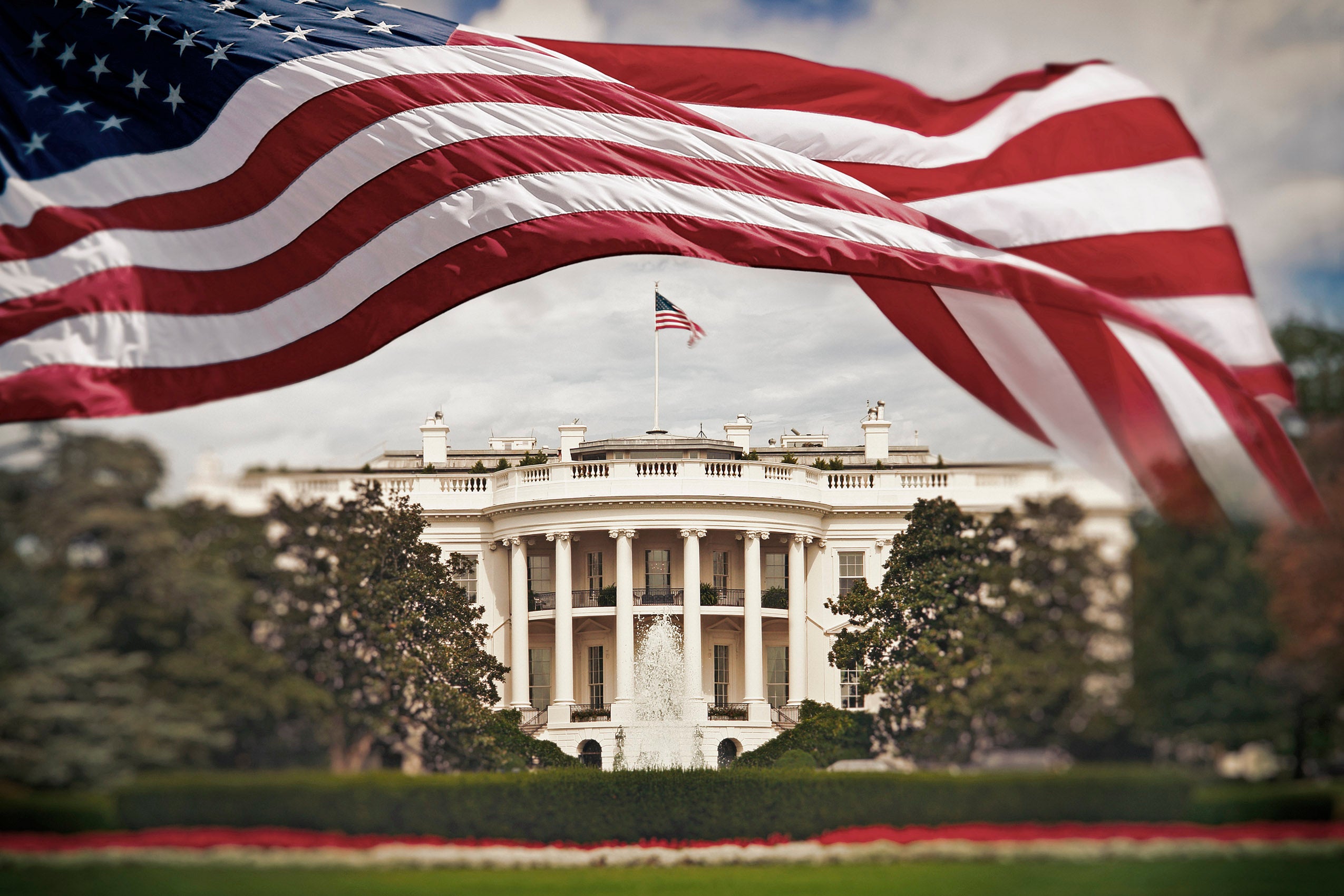Recent announcements by the White House and Congress mark a significant escalation in the protracted conflict over the Mueller report.
On Wednesday, May 8, President Donald Trump asserted executive privilege over the entirety of special counsel Robert Mueller’s final report on the Russia investigation, including the materials used to prepare it. He also invoked privilege over any other materials related to the Russia investigation that have been subpoenaed by Congress.
On the same day, the House Judiciary Committee voted, in a 24-to-16 vote, to hold Attorney General William Barr in contempt of Congress for failing to provide a full and unredacted copy of the Mueller report. The vote marked the first official House action to punish a government official in the standoff over the Mueller report.
HLS scholars and legal experts consider the limits of executive privilege and congressional oversight, and weigh in on whether our Constitution is designed for this highly confrontational moment. Here is a selection of their articles and op-eds.
Related
-
Executive Privilege: The Real Battle Is Yet to Come
-
Executive Privilege Isn’t a Magic Wand to Protect Trump
-
How the Trump White House Is Setting the Stage for a New Constitutional Crisis
-
Thoughts on Barr and the Mueller Report
-
#ConstitutionalCrisis? Trump’s battle with Congress comes to a head
-
What Is a ‘Protective’ Assertion of Executive Privilege?
-
The Constitutional Tug of War Is Just Getting Started
